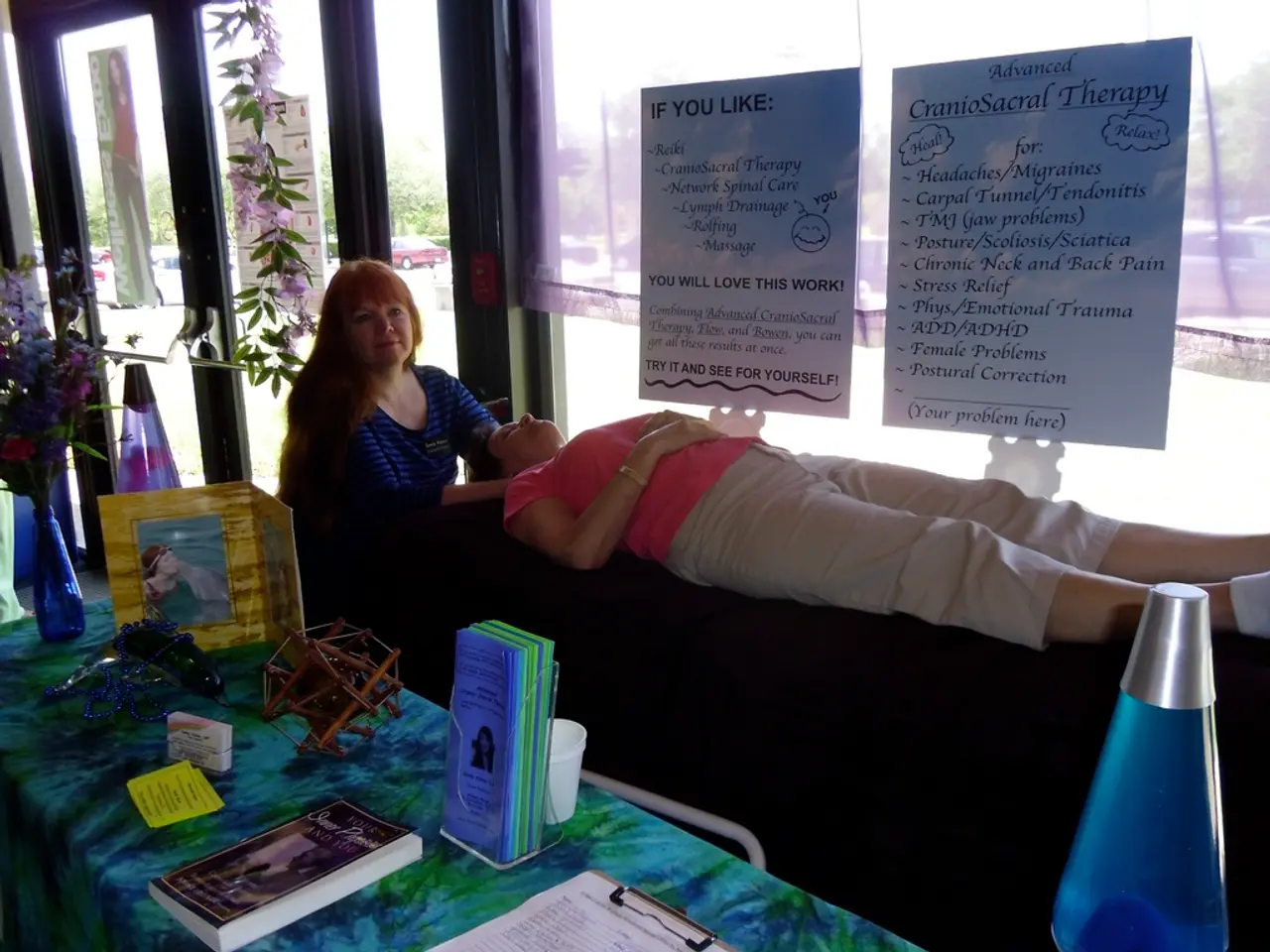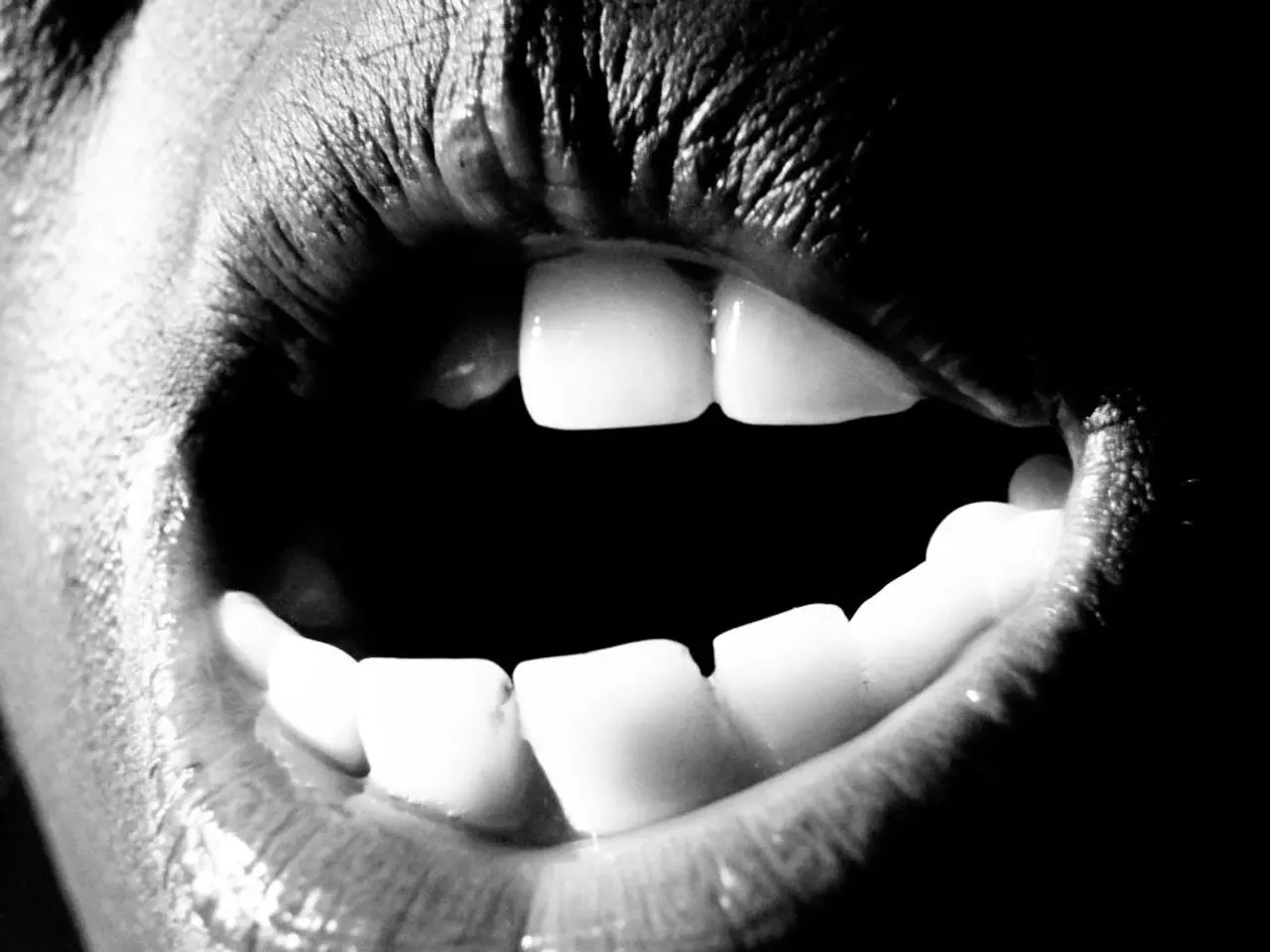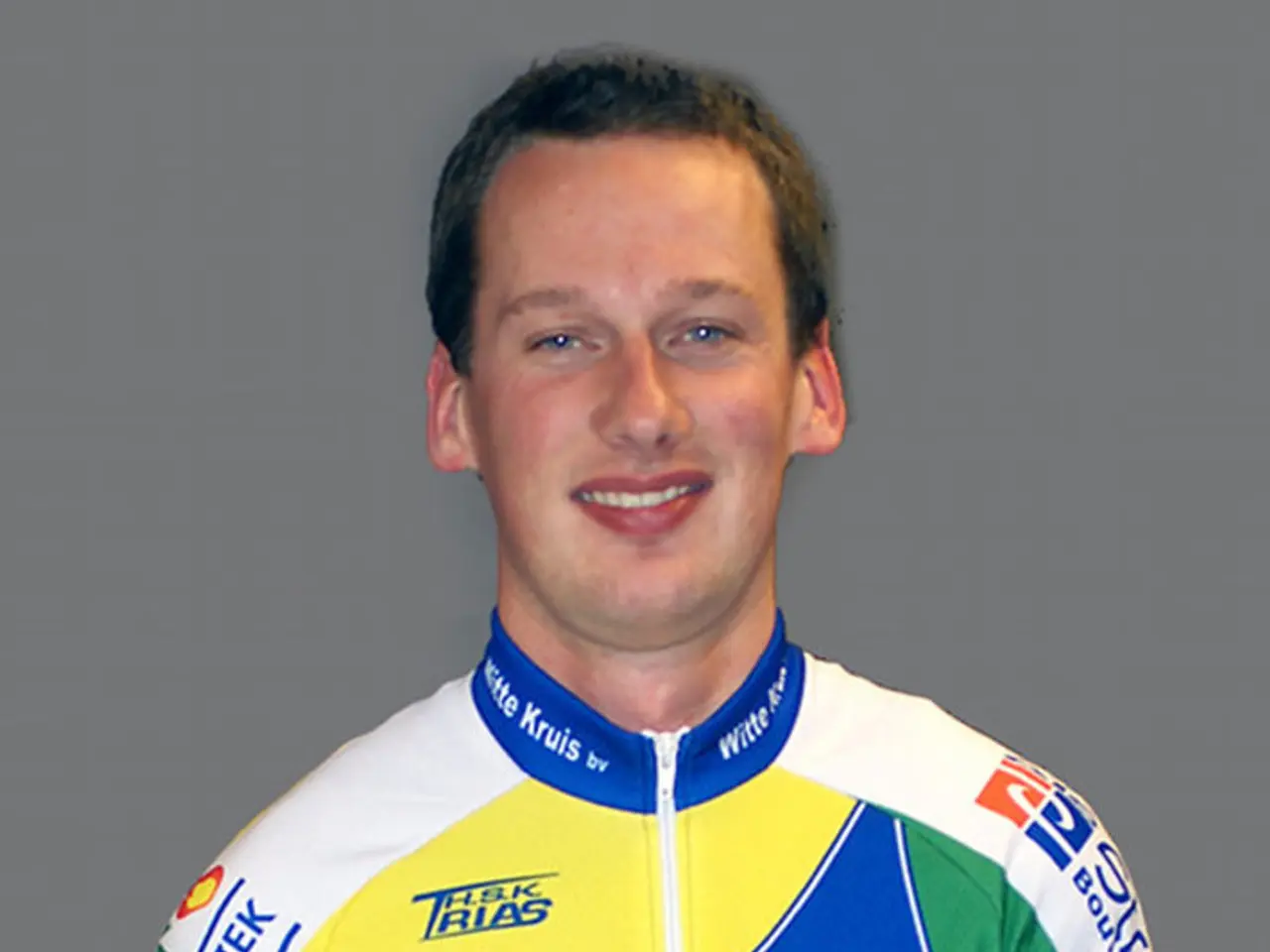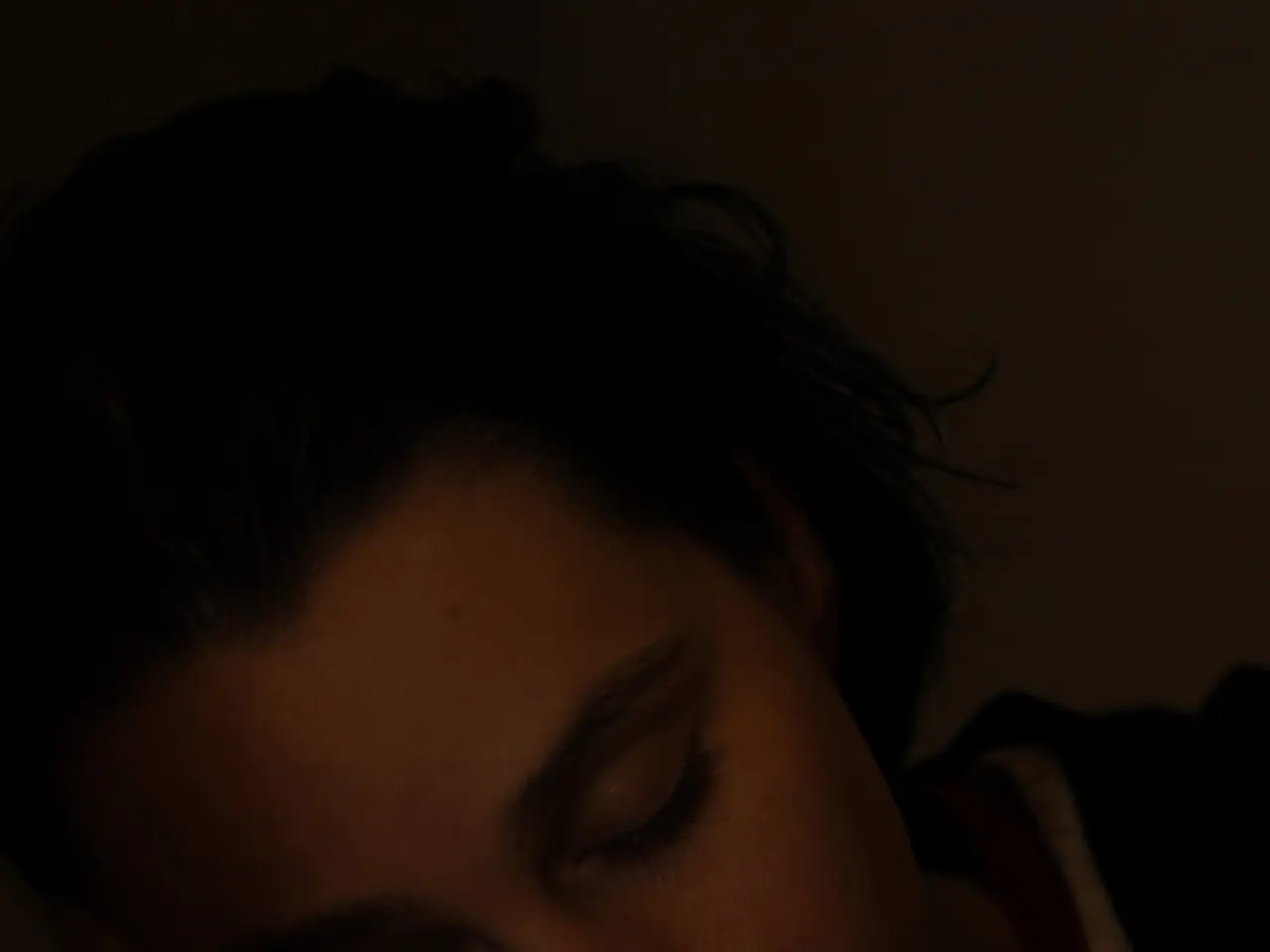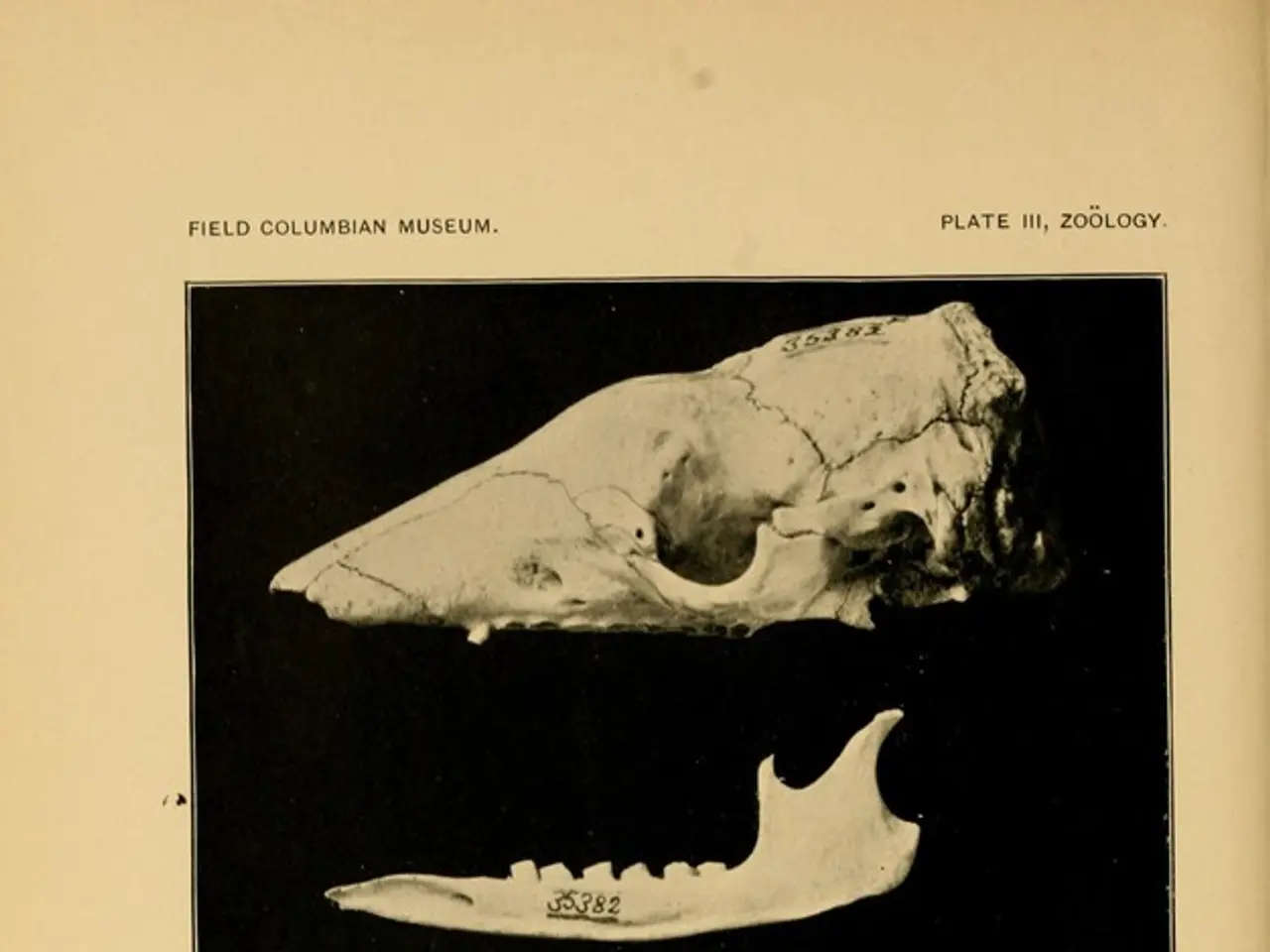Powerlessness Syndrome: Case Studies, Indicators, and Solutions
In a groundbreaking study by psychologists Seligman and Maier in 1967, the concept of learned helplessness was first introduced. This psychological state impairs a person's ability to handle stressful situations and increases the risk of mental health conditions like depression and anxiety.
Learned helplessness occurs when someone repeatedly experiences uncontrollable, stressful situations and does not exercise control when it becomes available. The condition manifests differently in children and adults, with key differences in developmental context, psychological manifestations, and potential for intervention.
In children, learned helplessness often arises during early developmental stages when they face repeated uncontrollable or aversive experiences, such as failure or lack of support. This can impair their emerging sense of agency and self-efficacy, leading to symptoms like giving up quickly on challenging tasks, reduced motivation, and dependence on others. Early helplessness can also affect emotional regulation and the development of coping skills.
Adults, however, typically develop learned helplessness after repeated failures or uncontrollable events accumulated over time, often generalized from earlier life experiences or ongoing situations. Adults' attributional styles—how they explain failures—are more crystallized and can reinforce helplessness if they attribute failures to internal, stable, and global causes. Symptoms in adults often include entrenched self-defeating thoughts, avoidance, procrastination, and depressive symptoms.
Children’s learned helplessness is considered highly malleable because their cognitive and emotional frameworks are still developing. Effective parenting and teaching, emphasizing empathy, nurturing, and responding appropriately to children’s needs, can help children regain agency and motivation before helplessness becomes deeply entrenched. Early intervention is critical to reshape attribution styles and encourage a growth mindset.
In adults, overcoming learned helplessness may require more deliberate psychological interventions such as cognitive-behavioral therapy to address maladaptive attribution styles and rebuild a sense of control and efficacy. Workplace leadership strategies involving autonomy and shared decision-making can also help adults recover agency and motivation.
It is essential to note that learned helplessness can impact relationships, work responsibilities, and psychological well-being in adults. Anyone who believes they are experiencing learned helplessness should consider speaking with a mental health professional who can help them take control of their circumstances. Other lifestyle changes that can boost a person's mental health and outlook include eating a healthy diet, exercising, meditating, and practicing mindfulness.
[1] Abramson, L. Y., Seligman, M. E. P., & Teasdale, J. D. (1978). Learned helplessness in humans: Critique and reformulation. Journal of Abnormal Psychology, 87(1), 49-74. [2] Garber, J., & Seligman, M. E. P. (1980). Depression and learned helplessness in children. American Psychologist, 35(4), 330-338. [3] Nolen-Hoeksema, S. (1987). Hopelessness and depression: A theoretical analysis and review of the empirical evidence. Psychological Bulletin, 101(2), 138-150. [4] Seligman, M. E. P. (1991). Learned optimism. New York: Knopf. [5] Seligman, M. E. P., & Schulman, K. (2007). Helplessness: On depression, development, and death. New York: Oxford University Press.
- The groundbreaking study by Seligman and Maier in 1967 introduced the concept of learned helplessness, a psychological state that increases the risk of multiple emotional diseases like depression and anxiety.
- Children can develop learned helplessness during early developmental stages due to repeated uncontrollable or aversive experiences, which can impair their emerging sense of agency and self-efficacy.
- In adults, learned helplessness usually develops after repeated failures or uncontrollable events over time, often stemming from earlier life experiences or ongoing situations.
- Effective parenting and teaching that emphasize empathy, nurturing, and responsiveness to children’s needs can help children regain agency and motivation before learned helplessness becomes deeply entrenched.
- Overcoming learned helplessness in adults may require deliberate psychological interventions such as cognitive-behavioral therapy and workplace leadership strategies that promote autonomy and shared decision-making.
- Learning about predictive science in health-and-wellness, like the causes and effects of Crohn's disease, UC, obesity, migraine, asthma, and even breast cancer can help individuals take control of their circumstances and improve their mental health.
- Mental health conditions like depression can be exacerbated by diseases such as multiple sclerosis, and it's crucial for mental health professionals to consider potential co-occurring diseases when treating their patients.
- Lifestyle changes that promote mental health and outlook, like eating a healthy diet, exercising, meditating, and practicing mindfulness, can help prevent or combat learned helplessness and its associated symptoms.
- The PSA (Prostate-Specific Antigen) test is often used to screen for prostate cancer, a disease that can contribute to emotional distress and learned helplessness if diagnosed and left untreated.
- Incorporating mental-health awareness and resources into health-and-wellness platforms is essential for addressing learned helplessness and providing comprehensive support for individuals dealing with mental health issues and chronic diseases.
